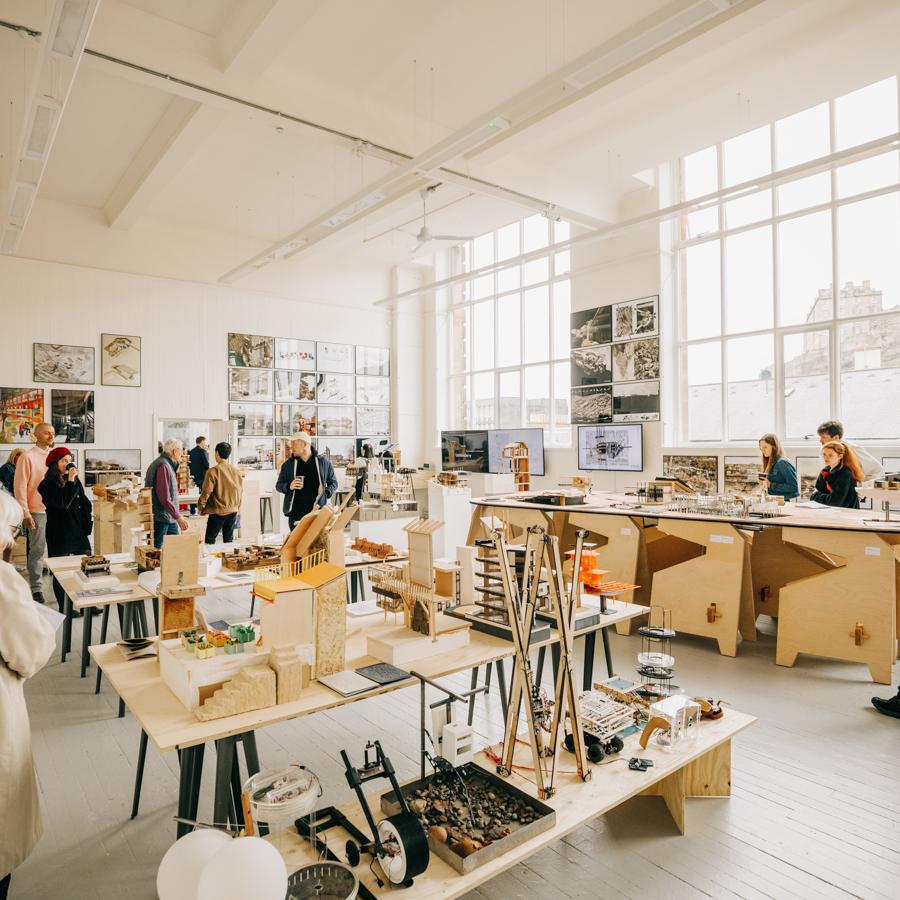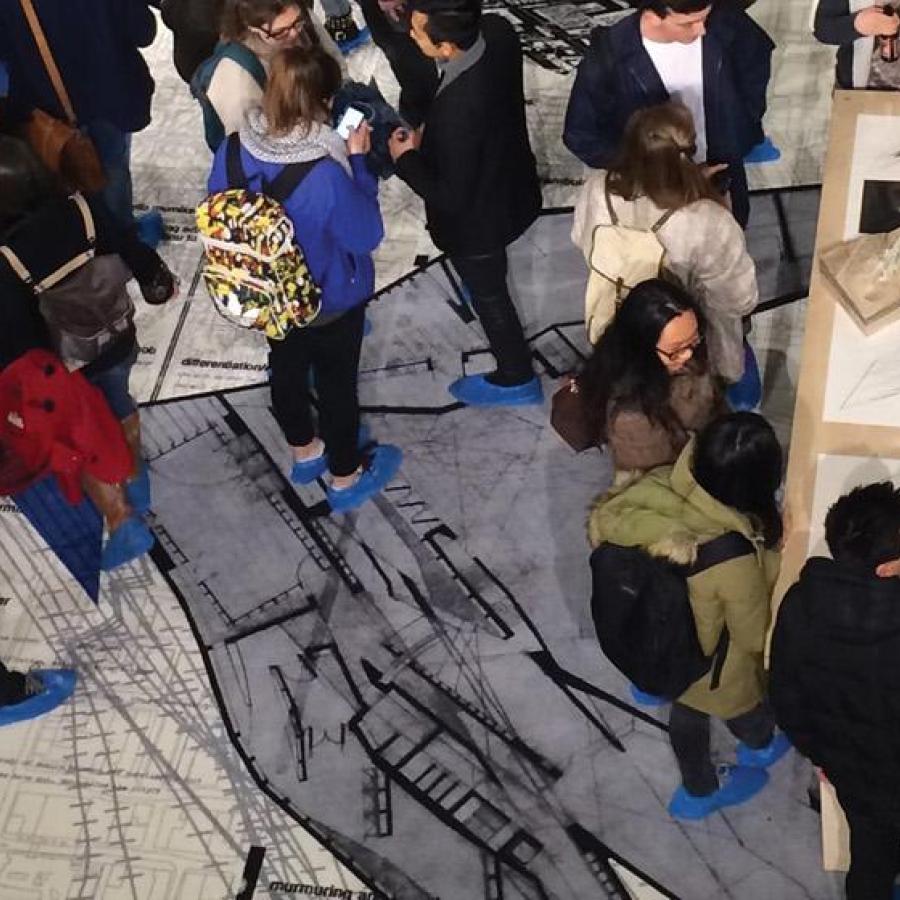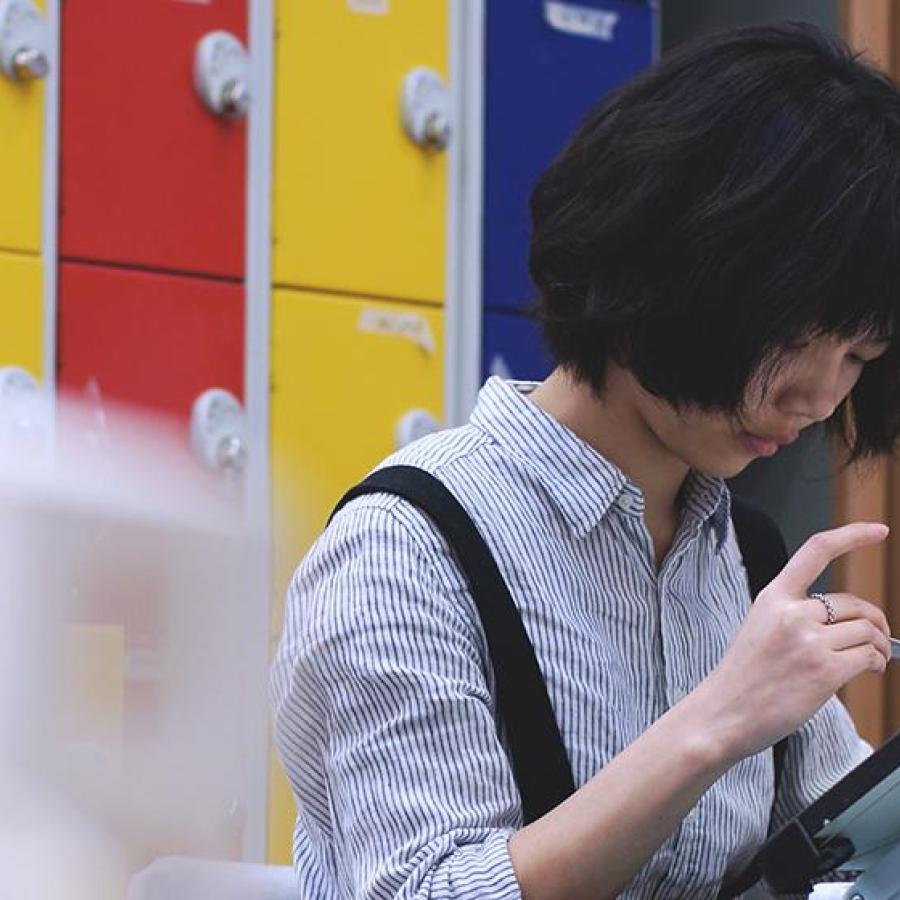Dr Miguel Paredes Maldonado

Job title:
Senior Lecturer in Architectural Design
Role:
Head of Subject Area - Edinburgh School of Architecture and Landscape Architecture
Office:
Minto House
Research Output:
Edinburgh Research Explorer linkBiography
I am currently Head of ESALA – the Edinburgh School of Architecture and Landscape Architecture; one of the five constituent subject areas within Edinburgh College of Art. I am also a Senior Lecturer in Architectural Design, a chartered architect, and a partner in the award-winning research and design studio Cuartoymitad Architecture & Landscape. Before relocating to Edinburgh in 2013, I taught at the Universidad Politécnica de Madrid. More recently, I have held visiting faculty appointments at the Beijing Institute of Technology (China), Karlsruher Institut für Technologie (Germany), the Università degli Studi di Cagliari (Italy), the Frank Lloyd Wright School of Architecture (USA), and the Technische Universität Graz (Austria).
My research is articulated through writing, speculative design and architectural practice. I have written extensively about the influence of New Materialism in contemporary spatial practice, with a critical focus on the novel design modalities brought about by ubiquitous, spatialized digital data streams. My current research enquiries look into the intersections of digital computation, urban public space and contemporary design theory.
In my professional studio practice I deal primarily with the themes of ephemerality and the development of the urban public commons. As a body of design research my work has been published and exhibited internationally, most notably at the 11th and 16th editions of the Venice Biennale. Recently finished projects include the conversion of an eighteenth-century fortress in Santoña (Spain) into the Monte Buciero Museum (Próxima-Arquia award 2014), the spatial design and ephemeral architecture for the Zinc Shower event in Madrid (COAM award 2014 and Próxima-Arquia award 2014), and the development of a scalable residential neighbourhood in the Faroe Islands (Finalist, Nordic Built Cities competition 2016).
Research interests
- Computation in Architecture and Urbanism
- Post-Materialism and Speculative Realism in Architecture
- Data-Driven Mapping and Design Methods
- Housing, Urbanism and Urban Infrastructure
- Urban Public Landscapes
The bulk of my teaching takes place in the context of the Architectural Design Studio. I currently lead a studio option entitled Data-Driven Urban Prototypes in Architectural Design 3: Explorations (BA/MA Architecture), which focuses on data-based design practices and their roles in shaping urban public space. I am also Course Organiser for the 4th year course Academic Portfolio: Part 1 and contribute to the Architectural Theory sequence.
Research
Research
My current research is situated at the intersection of three themes:
- Data-driven design. I work with practices of Urban Hacking and Critical Making developed through DIY computational environments like Arduino. These practices are means to activate the spatial potentials of data-rich urban environments that are readily available to us as part of our everyday lives. I mobilise these technologies to analyse, activate and transform urban public space. My work articulates a critique of the top-down processes championed by Smart Cities and hegemonic urban labour platforms such as Deliveroo or Uber.
- Platform/Media studies: I am interested in the kind of architectural knowledge (spatial and otherwise) that can be gained through the low-level analysis and development of custom-built computational/robotic machines for drawing, fabricating and sensing landscapes, buildings and cities. Are there any non-computable elements of thought in the development of spatialized digital intelligence?
- New Materialism / Speculative Realism: I have written at length on the architectural implications of these two contemporary schools of thought, with an emphasis on Gilles Deleuze’s post-structuralist take on the generative production of the real and Manuel De Landa’s model-based branch of new materialism. What insights can be gained when we start looking into architectural categories as “continuous material domains” rather than as singular elements of an immutable canon?
In addition to this, my own architectural practice deals primarily with the development of the urban public commons as privileged spaces of collectivity (often within the context of cultural industries). I would thus welcome proposals that tackle architectural programs predicated on collectivity against the backdrop of any of the above research themes.
Current PhD students
Testing the Resilience of Future Cities - Employing Serious Games to Test Resilient City Design Strategies in a Chinese Context
People’s Reactions to Complex Information Supported by Human-Centred Artificial Intelligence Design in the Interior Design Process
Assessment of Architectural Elements that Shape the Cultural Identity of Northern Mexico: An Immersive Depiction of Key Features
PhD Supervision Topics
- Research by Design
- Methodologies and Epistemology of Digital Design
- 1:1 Digital Fabrication and Prototyping
- Contemporary Design Theories (emphasis on New Materialism and Speculative Realism)
- Urban Cultures and Public Space
- Critical / Reflective Architectural Practice






